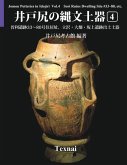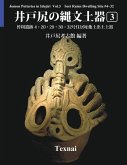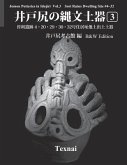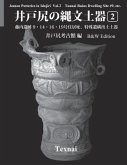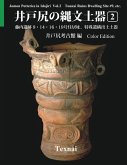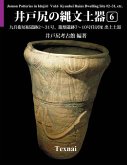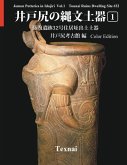The Idojiri Archaeology Museum that is located at the foot of Yatsugatake Mountains in Nagano, Japan is well known worldwide for their excellent collections of Jomon Potteries of about 5,000 years B.P. This illustrated booklet is published as the 4th volume of Idojiri Collections Series and it contains 13 masterpieces of Jomon potteries that are uncovered at the dwelling site #33 80 of Sori Ruins, Tatsuzawa Ruins, Oubatake Ruins, and Sakaue Ruins including the comments on the ruins and each artifact based on the latest report of the excavation.
Hinweis: Dieser Artikel kann nur an eine deutsche Lieferadresse ausgeliefert werden.
Hinweis: Dieser Artikel kann nur an eine deutsche Lieferadresse ausgeliefert werden.


